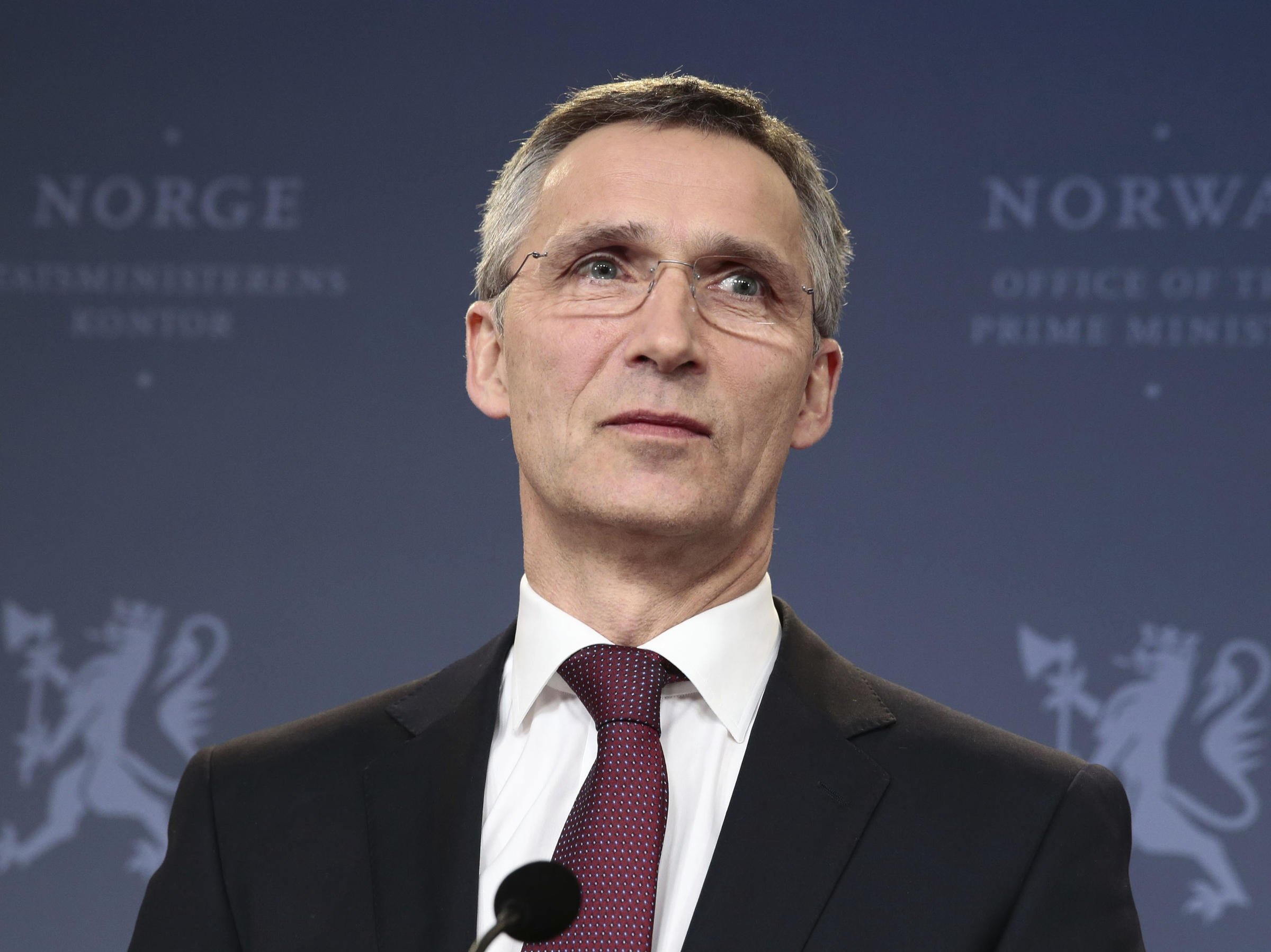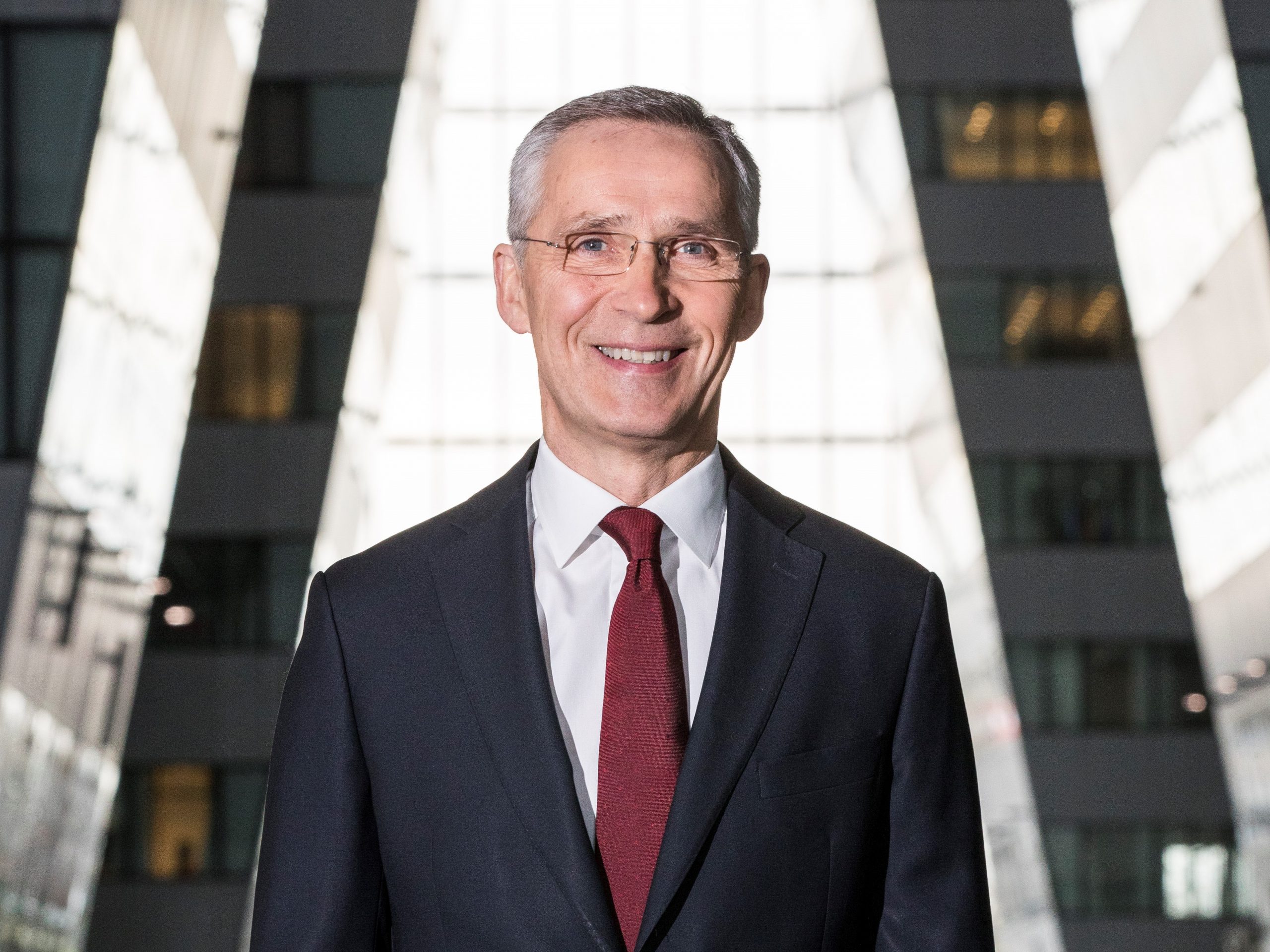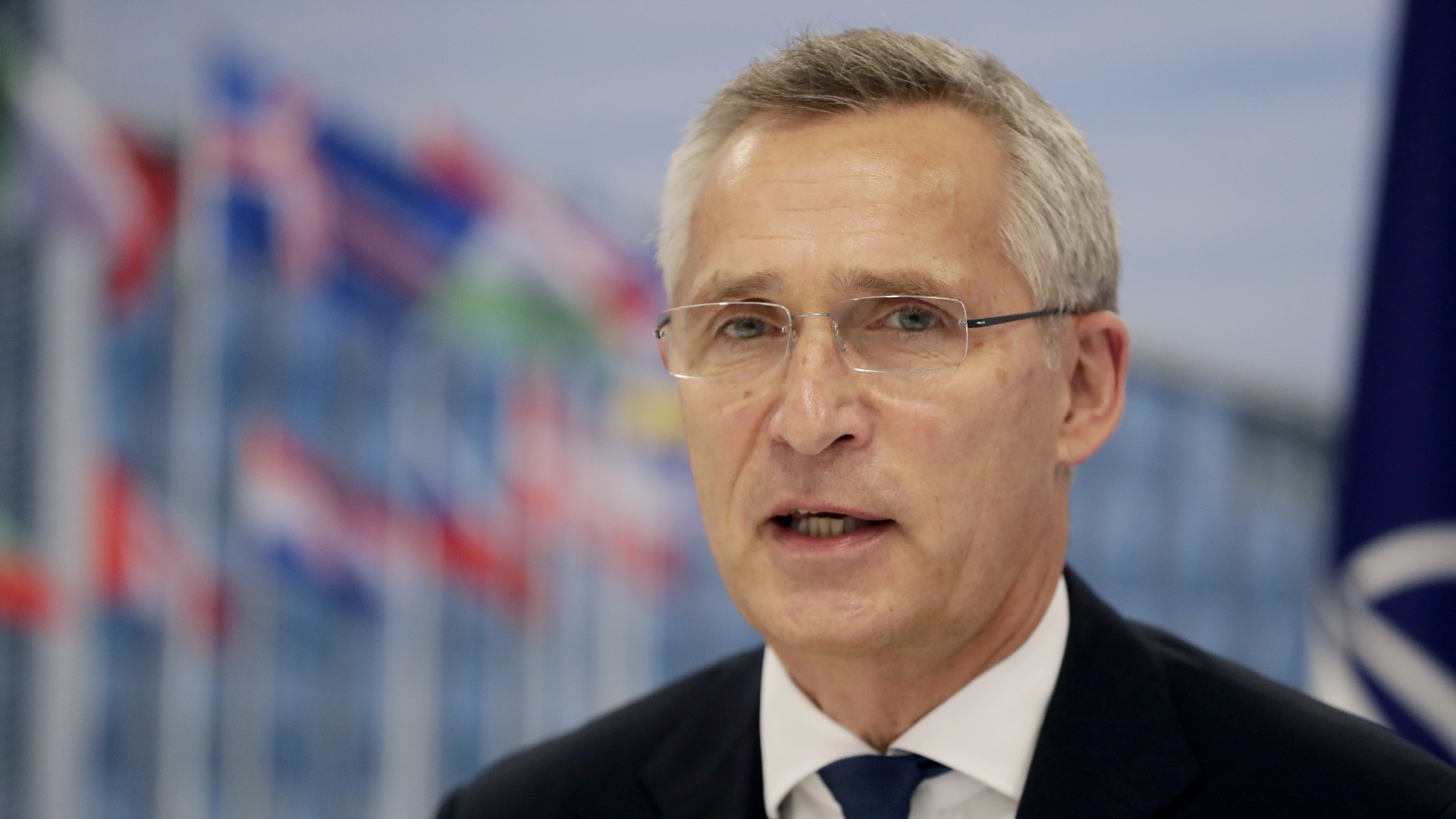Jens Stoltenberg’s Role in NATO

Jens Stoltenberg has served as NATO Secretary General since 2014, during a period marked by significant challenges and transformations for the alliance. His leadership has been instrumental in navigating these challenges and strengthening NATO’s role as a guarantor of Euro-Atlantic security.
Strengthening Collective Defense
Stoltenberg has overseen a significant increase in NATO’s military capabilities, including the establishment of the NATO Response Force and the deployment of enhanced forward presence in Eastern Europe. These measures have enhanced the alliance’s ability to deter and respond to potential threats, particularly in the wake of Russia’s annexation of Crimea and its ongoing aggression in Ukraine.
In his recent speech, Jens Stoltenberg emphasized the importance of strengthening NATO’s collective defense capabilities. As tensions continue to escalate, the alliance must remain vigilant and prepared for any potential threats. For the latest updates on the evolving situation, visit biden news today for in-depth analysis and breaking news.
Stoltenberg’s unwavering commitment to NATO’s mission serves as a testament to the alliance’s enduring strength and resolve.
Promoting Transatlantic Cooperation
Stoltenberg has been a strong advocate for transatlantic cooperation within NATO. He has worked closely with the United States to maintain a strong partnership and has also fostered closer ties with other NATO members, such as Canada and the United Kingdom. This cooperation has been crucial in maintaining unity within the alliance and ensuring a coordinated response to shared security challenges.
Managing the Russia-Ukraine Conflict
The Russia-Ukraine conflict has been a major test for NATO under Stoltenberg’s leadership. He has played a key role in coordinating the alliance’s response, including imposing sanctions on Russia and providing military support to Ukraine. Stoltenberg has also been a vocal critic of Russia’s actions and has called for an end to the conflict.
Accession of New Members
Under Stoltenberg’s leadership, NATO has welcomed two new members: Montenegro in 2017 and North Macedonia in 2020. These accessions have expanded the alliance’s footprint in the Balkans and have strengthened its presence in a region of strategic importance.
Jens Stoltenberg, NATO’s Secretary General, recently attended the Biden press conference to discuss the ongoing conflict in Ukraine. Stoltenberg expressed his support for Ukraine and emphasized the importance of unity and resolve among NATO allies. He also stressed the need for continued military and financial aid to Ukraine as it faces ongoing aggression from Russia.
Jens Stoltenberg’s Diplomatic Initiatives

Jens Stoltenberg, the Secretary-General of NATO, has played a crucial role in fostering dialogue and resolving conflicts through diplomatic initiatives. His efforts have been instrumental in maintaining peace and stability in Europe and beyond.
Stoltenberg has actively engaged in mediating between NATO member states and non-member countries. He has facilitated dialogue and negotiations to address regional tensions and promote cooperation. For instance, he played a key role in the negotiations between Turkey and Greece over the disputed Aegean islands, helping to ease tensions and prevent escalation.
Initiatives for Peace and Stability, Jens stoltenberg
Stoltenberg has initiated several programs aimed at promoting peace and stability. One notable initiative is the “Dialogue on Cooperative Security,” which brings together NATO member states and non-member countries to discuss security challenges and build trust. The initiative has fostered cooperation on issues such as terrorism, cyber security, and arms control.
Another significant initiative is the “Partnership for Peace” program, which allows non-NATO countries to participate in NATO-led activities and exercises. The program has helped to strengthen partnerships and promote interoperability between NATO and non-member countries, contributing to regional stability.
Jens Stoltenberg’s Vision for NATO’s Future

Jens Stoltenberg’s vision for NATO’s future centers around adapting to evolving global security challenges. He emphasizes strengthening partnerships, addressing emerging threats, and ensuring the alliance’s continued relevance and effectiveness in the 21st century.
Adapting NATO’s Capabilities
Stoltenberg believes NATO must adapt its capabilities to meet new threats, such as cyber warfare, hybrid warfare, and terrorism. He advocates for investing in new technologies, enhancing intelligence sharing, and improving interoperability among member states.
Strengthening Partnerships
Stoltenberg recognizes the importance of strengthening partnerships with non-NATO countries and organizations. He has emphasized the need for cooperation with the European Union, the United Nations, and individual nations like Japan and Australia to address common security challenges.
Addressing Emerging Threats
Stoltenberg has identified several emerging threats that NATO must address, including the rise of China, the threat of nuclear proliferation, and the potential for climate change to impact security. He advocates for a comprehensive approach to these threats, combining military capabilities with diplomacy and dialogue.
Ensuring NATO’s Continued Relevance
Stoltenberg believes that NATO’s continued relevance depends on its ability to adapt to changing security challenges and maintain its unity. He has emphasized the need for member states to share the burden of collective defense, strengthen political consultation, and maintain a strong transatlantic bond.